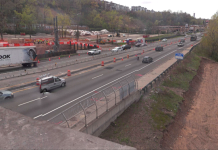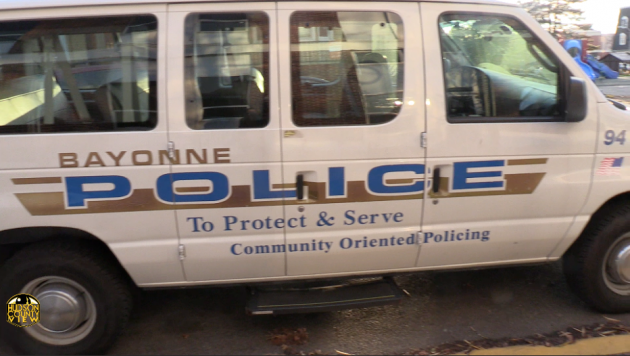The New Jersey Assembly has approved a measure introduced by Speaker Vincent Prieto (D-32) and Speaker Pro Tempore Jerry Green (D-17) that would allocate $10.5 million to the State Rental Assistance Program – which could equate to 1,000 additional housing vouchers.
By John Heinis/Hudson County View
The bill, sponsored to improve housing for low-income individuals and households, was approved by a vote of 51-26 today.
Bill A-1000) is part of the Assembly’s efforts to combat poverty and rebuild New Jersey’s middle-class, an initiative that has been spearheaded by Prieto.
Under the measure, $10.5 million would be added to the State Rental Assistance Program. The $10.5 million represents funding for 1,000 additional housing vouchers through the program this fiscal year.
“With housing so expensive in New Jersey, we clearly need to do more to help families struggling to make ends meet and find decent, affordable housing,†Green, the chairs of the Assembly housing panel that recently heard testimony on ways to combat poverty in the state, said in a statement.
“We know it’s makes fiscal sense to help those in need find homes they can afford than it is to provide costly services. This is the right thing in every way.â€
Prieto added that lifting some of the financial burden off of families has long-term benefits.
“Families living in homes they can afford have better health and their children do better in school,†Prieto said in the same prepared statement.
“If we invest in our communities, we can save money and improve the quality of life for all of our residents. Accepting the status quo is unacceptable. We need to do more and this is a fiscally responsible approach.â€
The program, which currently has $18.5 million allocated for this fiscal year, offers tenant-based rental assistance grants and project-based rental assistance.
Tenant-based rental assistance grants are awarded through a lottery-type process open only to applicants on the Department of Community Affairs’ existing Section 8 Housing Choice Voucher Program waiting list.
Project-based rental assistance allocates payments to new or rehabilitated housing units for 15 years, and paid when qualified tenants occupy those units.
Program regulations reserve 35 percent of such rental assistance to those on the SRAP waiting list.
Bills to boost the state’s tax credit for the working poor, from 30 percent to 40 percent, as well as to increase the maximum cash assistance benefit to low-income families over the next four years, were also approved by the Assembly today in two separate votes (51-22 and 51-22-4, respectively).











